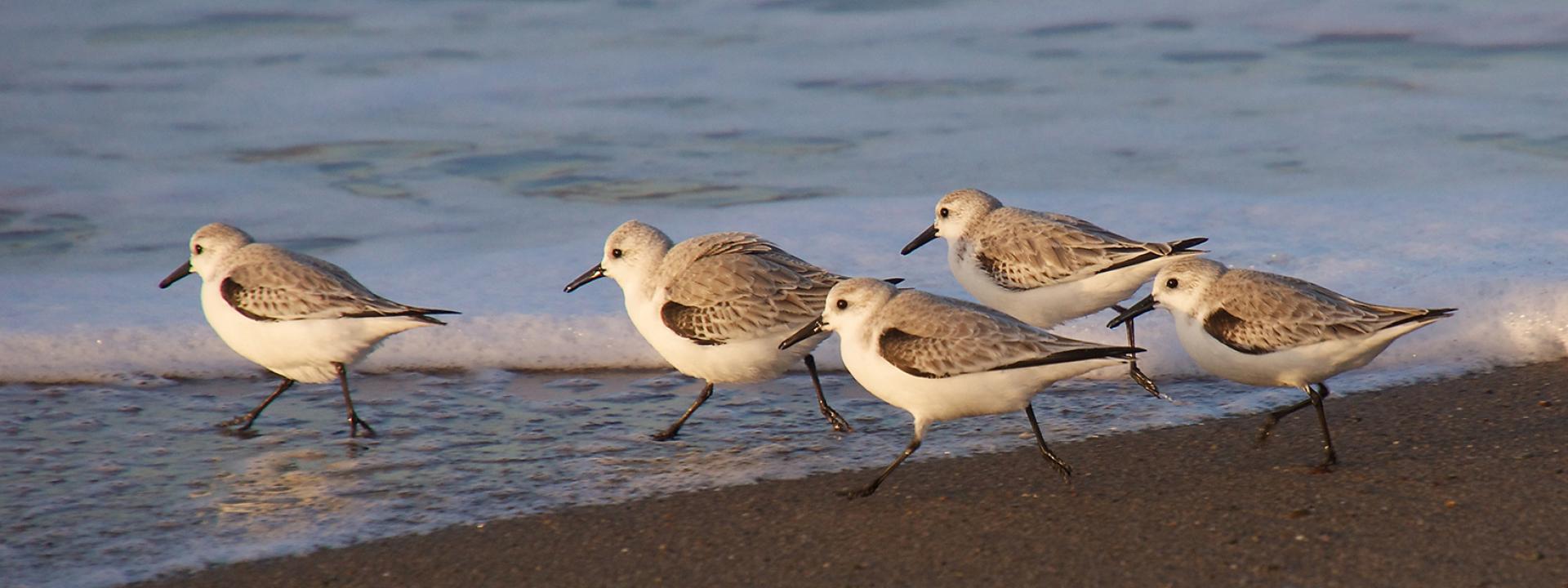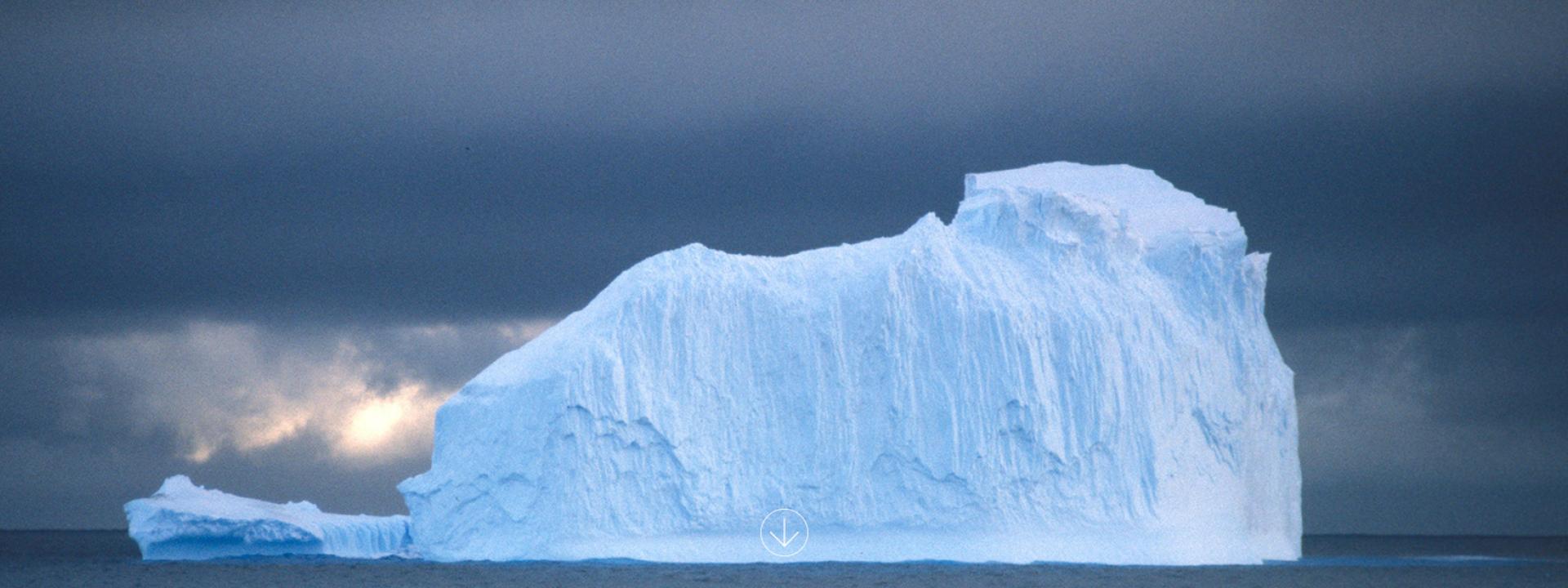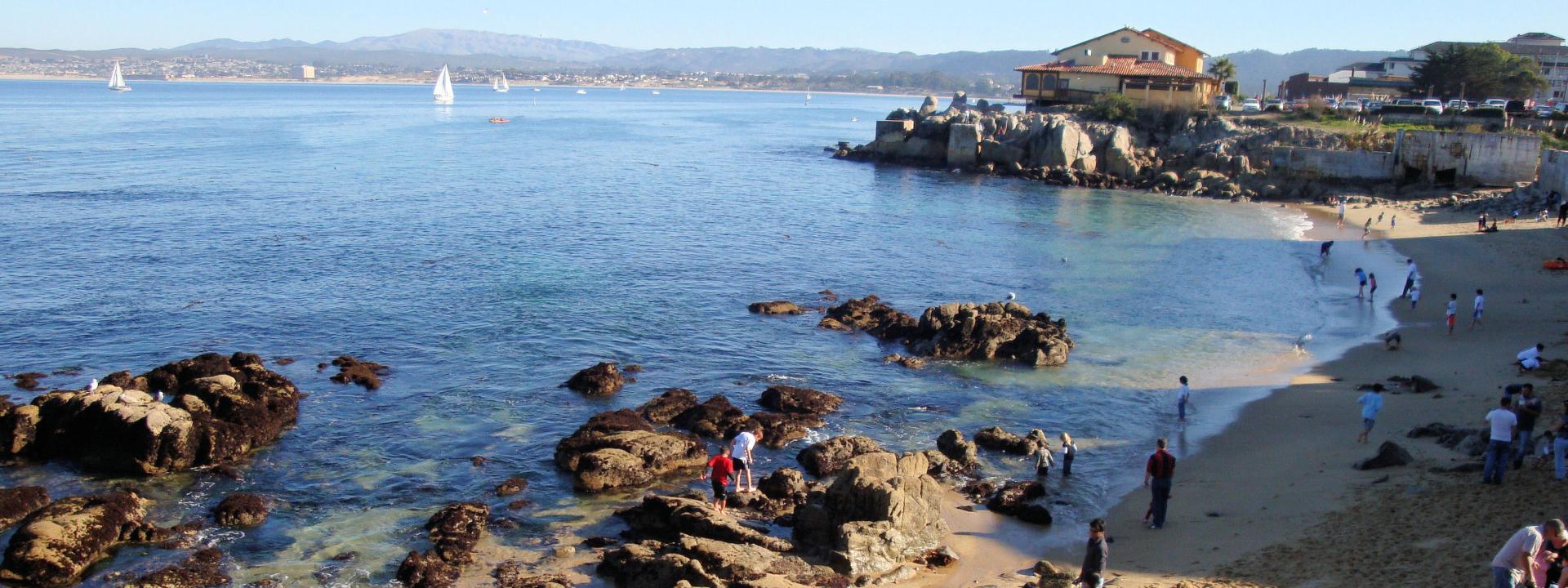Tipping points: the game changer
Crossing an ecosystem tipping point creates dramatic change. From collapsed fisheries and coastal dead zones, to melting sea ice and dying coral reefs, the consequences are often devastating to both the environment and the people who depend on it. Our goal is to help resource managers make effective management decisions in the face of ocean change.
Tipping points are difficult to anticipate or detect. The initial change may be gradual but then rapidly accelerate once a tipping point is crossed. Understanding how to predict and prevent the crossing of tipping points, or recover from ones already crossed, is critical to effectively managing natural resources for a healthy, sustainable future – one that safeguards ecological and human wellbeing, even in a dynamically changing world.
Purpose of this site
Purpose of this site
Ocean Tipping Points team members discuss the resources and information available on this site.
- If you are new to this topic, learn the basics of what tipping points are and why they matter
- Or dive in to how tipping points science can inform water quality, fisheries, restoration and recovery or ecosystem based management
- More detailed examples and technical tools can be found in our Case Studies and the Guide, Tools and Resources sections of the site.



